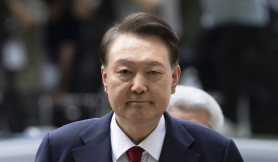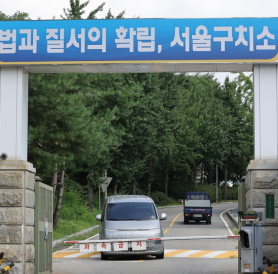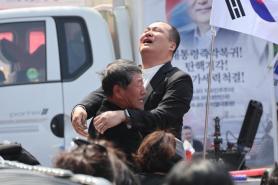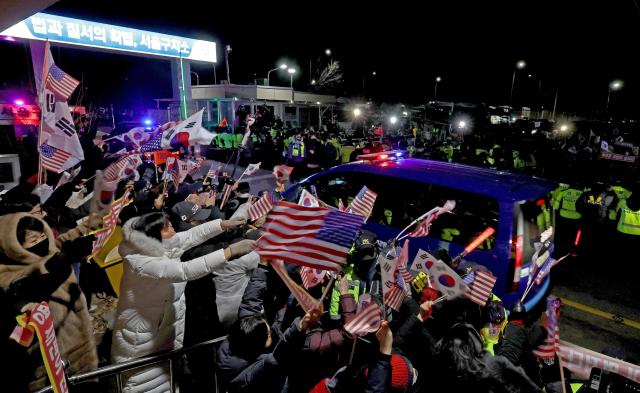
Judge Cha Eun-kyung of the Seoul Western District Court approved an arrest warrant on the charges of insurrection and abuse of power. She cited concerns that he could destroy evidence.
The Corruption Investigation Office for High-Ranking Officials (CIO) apprehended Yoon on Wednesday. It requested a formal arrest warrant on Friday before his initial 48-hour detention expired, which would extend his custody for up to 20 days.
Yoon is South Korea's first president arrested while in office.
The CIO argued that Yoon attempted to disrupt constitutional order when he declared martial law on Dec. 3 and deployed forces to the National Assembly and National Election Commission.
The measure was lifted six hours later after lawmakers voted against it, leading to Yoon's impeachment on Dec. 14.
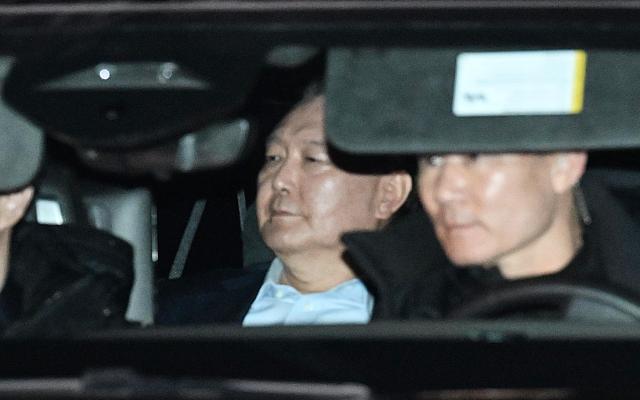
During the session, which lasted from 2 p.m. to 6:50 p.m., he spoke for 40 minutes defending his actions and delivered additional five-minute closing remarks.
Yoon’s defense team countered that the martial law declaration was a lawful exercise of presidential authority in response to a national emergency triggered by the opposition's obstruction of government operations.
They also questioned the CIO's authority to investigate insurrection charges and challenged the court's jurisdiction.
After the hearing, the disgraced leader was taken back to the Seoul Detention Center to await the court's decision.
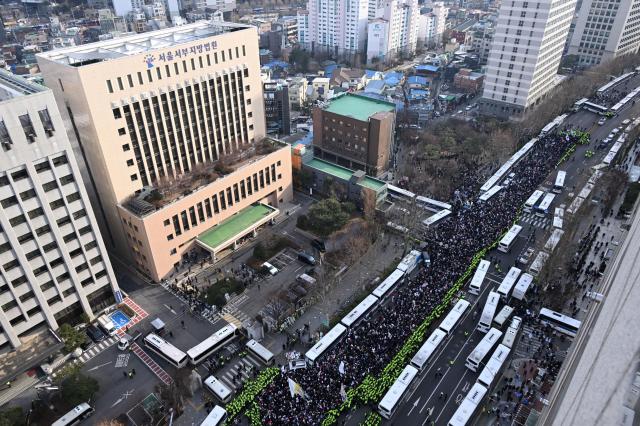
"He wishes to restore his honor by explaining the legitimacy of the martial law declaration and refuting the charges of insurrection in court and at the Constitutional Court," said Yoon Gap-geun, one of his legal representatives.
Outside the courthouse, more than 36,000 Yoon supporters rallied, waving Korean and U.S. flags and chanting, "Impeachment invalid," and "Release the president!"
Police detained 17 demonstrators who scaled the wall and entered court grounds.
Yoon became the first sitting president to attend a pretrial detention hearing since the system's introduction in 1997.
Former President Park Geun-hye attended a similar hearing in 2017, but only after leaving office.
Copyright ⓒ Aju Press All rights reserved.

